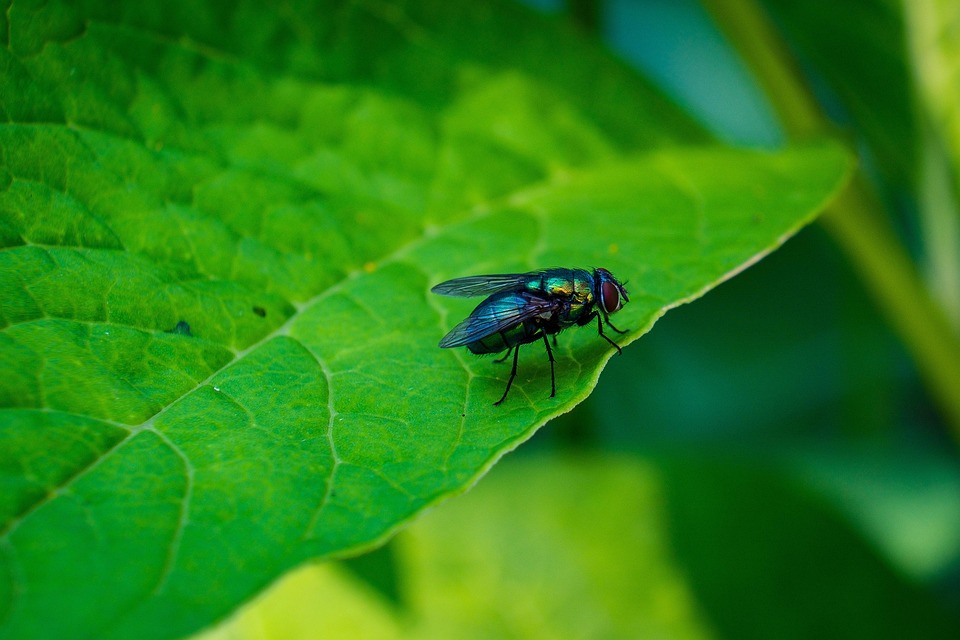Defend Your Outdoor Oasis: The Ultimate Guide to Bug Repellents
As the sun sets and the temperatures cool down, there’s nothing quite like spending time in your outdoor oasis. Whether you have a backyard patio, a cozy deck, or a sprawling garden, enjoying the great outdoors is a wonderful way to unwind and relax. However, one common nuisance that can quickly ruin your outdoor experience is bugs. Mosquitoes, flies, and other pesky insects can quickly turn a peaceful evening into a battle against the elements. But fear not, with the right bug repellents, you can defend your outdoor oasis and enjoy your time outside without the constant swatting and itching.
The Importance of Bug Repellents
Bug repellents play a crucial role in protecting yourself and your loved ones from insect bites and potential diseases. Insects like mosquitoes can carry diseases such as Zika virus, West Nile virus, and malaria, making it essential to take precautions when spending time outdoors, especially during peak mosquito season. Using bug repellents not only helps prevent bug bites but also reduces the risk of contracting these dangerous diseases.
Types of Bug Repellents
There are several types of bug repellents available on the market, each with its own set of pros and cons. Some of the most common types of bug repellents include:
1. DEET Repellents
DEET (N,N-diethyl-meta-toluamide) is one of the most effective and widely used bug repellents. It works by blocking insects’ receptors for detecting carbon dioxide and lactic acid, making it difficult for them to locate and bite you. DEET repellents are available in various concentrations, with higher concentrations providing longer-lasting protection.
2. Picaridin Repellents
Picaridin is a synthetic repellent that is as effective as DEET but with a lighter feel and less odor. It is a popular alternative for those who are sensitive to DEET or prefer a more pleasant scent. Picaridin repellents are available in sprays, lotions, and wipes, making them convenient for on-the-go use.
3. Oil of Lemon Eucalyptus Repellents
Oil of lemon eucalyptus is a natural bug repellent derived from the leaves of the lemon eucalyptus tree. It has been found to be as effective as DEET in repelling mosquitoes and other insects. Oil of lemon eucalyptus repellents are a great option for those looking for a natural alternative to chemical-based repellents.
4. Permethrin Repellents
Permethrin is a synthetic insecticide that is used to treat clothing, gear, and outdoor fabrics. When applied to clothing, permethrin provides long-lasting protection against mosquitoes, ticks, and other insects. Permethrin repellents are ideal for outdoor enthusiasts who spend extended periods in bug-infested areas.
Choosing the Right Bug Repellent
When selecting a bug repellent, it’s essential to consider factors such as the duration of protection, the type of insects you are trying to repel, and any potential sensitivities or allergies. Here are some tips for choosing the right bug repellent for your needs:
1. Consider the Duration of Protection
If you are planning to spend an extended period outdoors, opt for a bug repellent with a higher concentration of active ingredients, such as DEET or picaridin. These repellents provide longer-lasting protection and are ideal for outdoor activities like camping, hiking, or fishing.
2. Know Your Enemy
Identify the types of insects you are most likely to encounter in your area and choose a bug repellent that is effective against those specific insects. For example, if you are in a mosquito-prone area, opt for a repellent that is specifically formulated to repel mosquitoes.
3. Consider Your Sensitivities
If you have sensitive skin or are prone to allergies, opt for a bug repellent that is gentle on the skin and free of harsh chemicals. Natural repellents like oil of lemon eucalyptus are a great option for those with sensitivities to synthetic ingredients.
Application Tips
Proper application of bug repellents is essential to ensure maximum effectiveness and protection. Here are some tips for applying bug repellents correctly:
1. Follow the Instructions
Read and follow the manufacturer’s instructions carefully when applying bug repellents. Some repellents may need to be reapplied every few hours, while others provide long-lasting protection with a single application.
2. Apply to Exposed Skin
Apply bug repellents to exposed skin, avoiding sensitive areas like the eyes, mouth, and open wounds. Be sure to cover all exposed areas of skin, including arms, legs, and neck, to create a barrier against bugs.
3. Reapply as Needed
Reapply bug repellents as needed, especially after swimming, sweating, or engaging in activities that may rub off the repellent. It’s essential to maintain a consistent barrier against insects to prevent bites and potential diseases.
Additional Bug Repellent Tips
In addition to using bug repellents, there are several other measures you can take to defend your outdoor oasis against bugs:
1. Use Citronella Candles
Citronella candles are a natural bug repellent that can help keep insects at bay. Place citronella candles around your outdoor space to create a barrier against mosquitoes and other bugs.
2. Wear Protective Clothing
Wearing long sleeves, pants, and closed-toe shoes can help protect your skin from bug bites. Opt for light-colored clothing, as insects are attracted to dark colors.
3. Remove Standing Water
Standing water is a breeding ground for mosquitoes. Remove any sources of standing water in your outdoor space, such as birdbaths, flower pots, and clogged gutters, to eliminate mosquito breeding grounds.
Conclusion
Defending your outdoor oasis against bugs is essential for enjoying your time outside without the constant annoyance of insect bites. By choosing the right bug repellents, applying them correctly, and taking additional measures to deter bugs, you can create a peaceful and bug-free outdoor environment. Remember to consider factors like the duration of protection, the type of insects you are trying to repel, and any sensitivities or allergies when selecting bug repellents. With the right precautions in place, you can relax and unwind in your outdoor oasis without the intrusion of pesky bugs.


















































